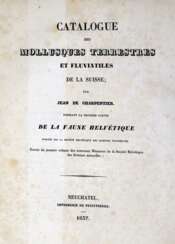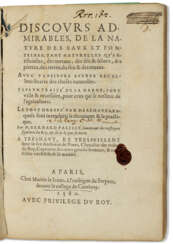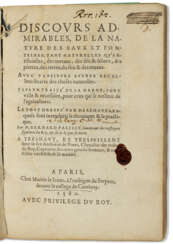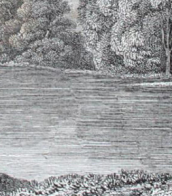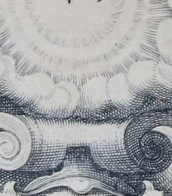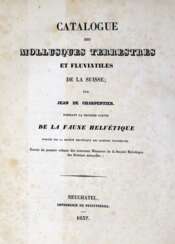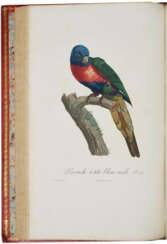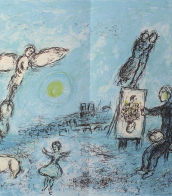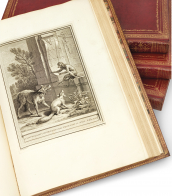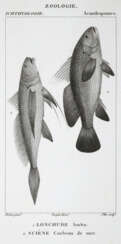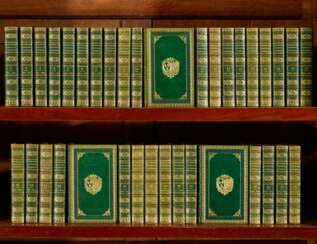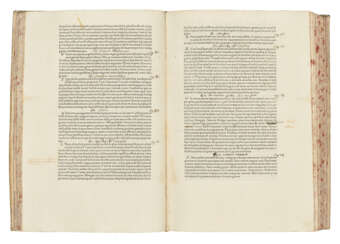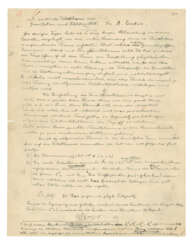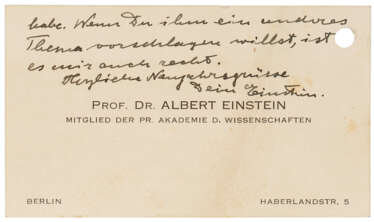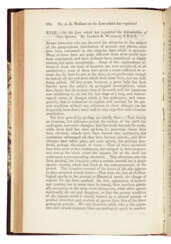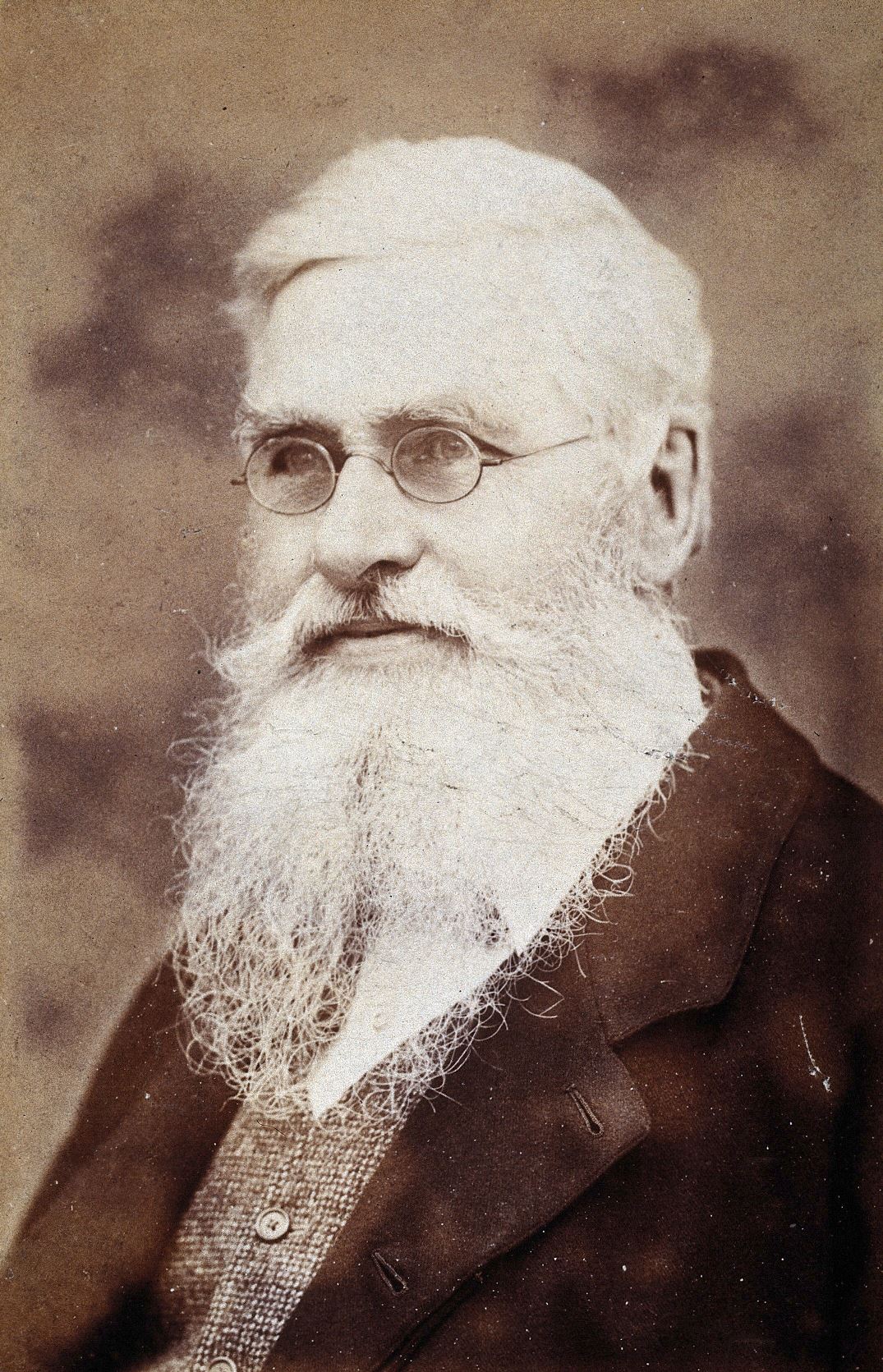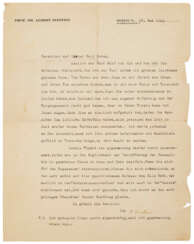sciences naturelles
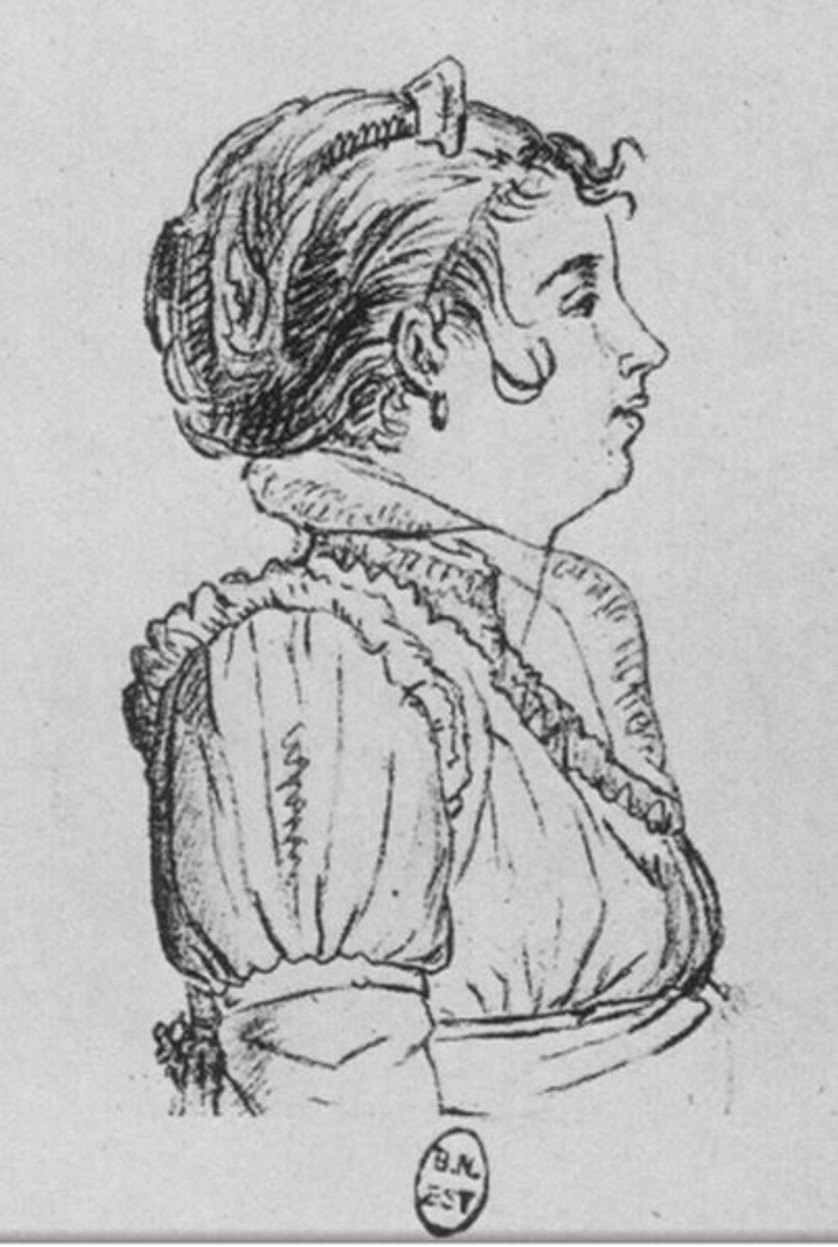
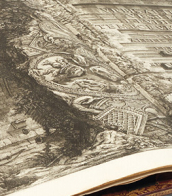


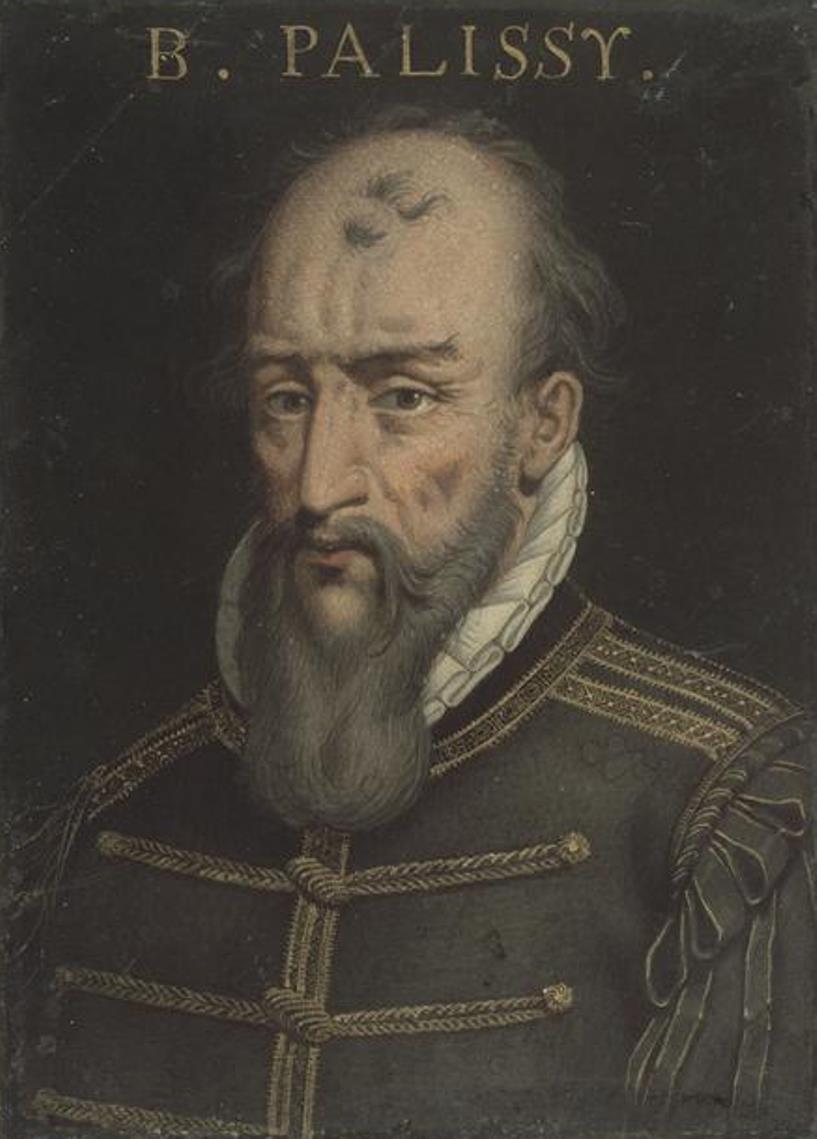
Bernard Palissy was a French natural scientist, painter, ceramicist and sculptor, geologist and writer of the French Renaissance.
Born into a family of artisans, Palissy apprenticed with his father as a glass artist and traveled throughout southwestern France comprehending pottery and studying geology. Today he is best known for his amazing lead-glazed pottery with images of various animals and people. After seeing a white glazed cup, probably of Chinese porcelain, in the 1540s, he set out to learn the secrets of its manufacture. His early research is described in De l'art de la terre. Although Palissy never succeeded in reproducing what he saw, his experiments gave him a thorough knowledge of the chemical compositions of minerals.
From 1575 in Paris, Palissy gave public lectures on natural history, which were published as Discours admirables (1580). In this treatise, Bernard Palissy touches on an incredibly wide range of subjects, from the techniques of ceramics, metallurgy and chemistry to hydrology, geology and fossils. He correctly identified fossils as the remains of ancient life. This work reveals him as a writer and scientist, a creator of modern agronomy and a pioneer of the experimental method, with scientific views generally more advanced than those of his contemporaries.


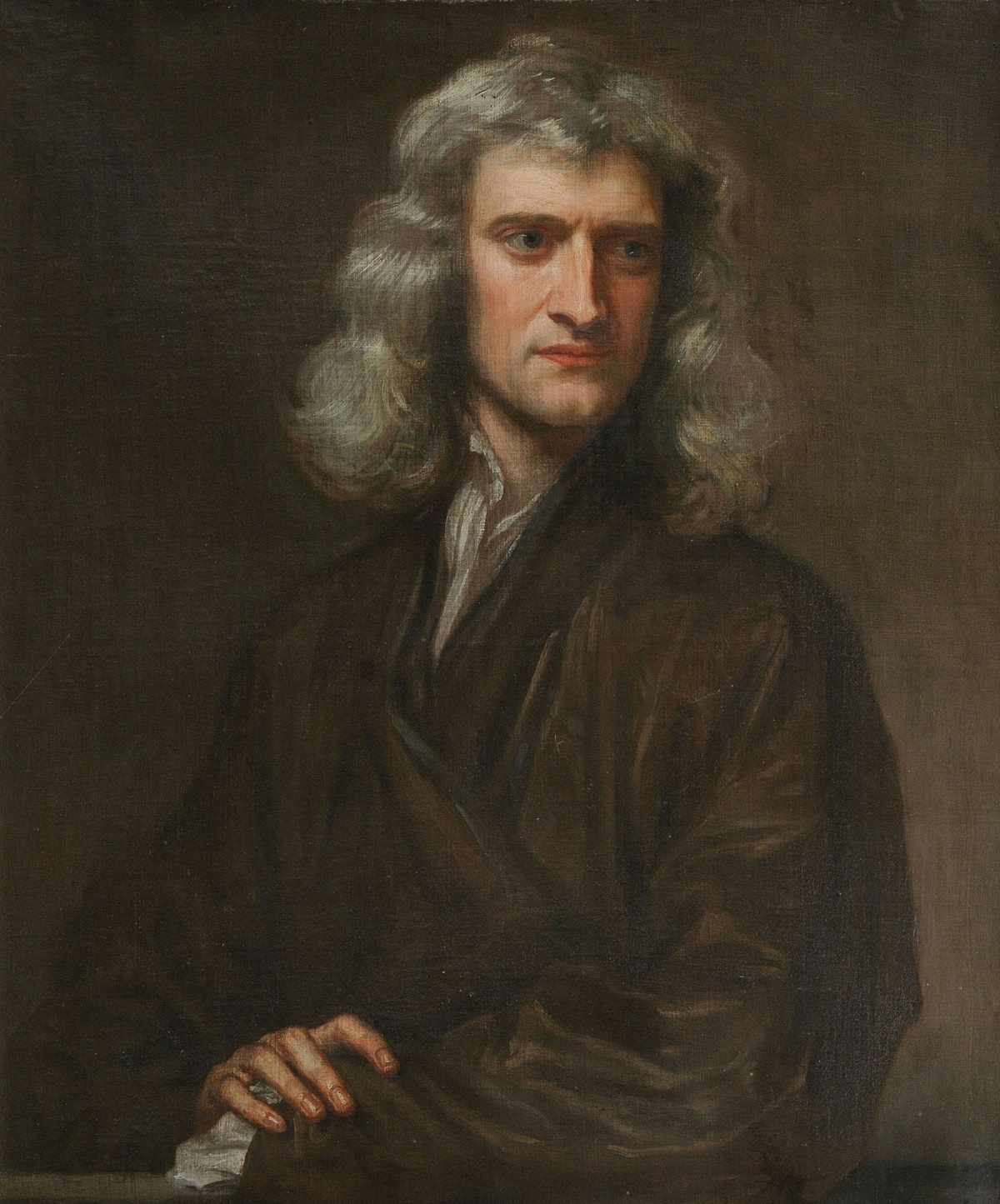
Isaac Newton was an English mathematician, physicist, astronomer, alchemist, theologian, and author (described in his time as a "natural philosopher"), widely recognised as one of the greatest mathematicians and physicists and among the most influential scientists of all time. He was a key figure in the philosophical revolution known as the Enlightenment. His book Philosophiæ Naturalis Principia Mathematica (Mathematical Principles of Natural Philosophy), first published in 1687, established classical mechanics. Newton also made seminal contributions to optics, and shares credit with German mathematician Gottfried Wilhelm Leibniz for developing infinitesimal calculus.
In the Principia, Newton formulated the laws of motion and universal gravitation that formed the dominant scientific viewpoint until it was superseded by the theory of relativity. Newton used his mathematical description of gravity to derive Kepler's laws of planetary motion, account for tides, the trajectories of comets, the precession of the equinoxes and other phenomena, eradicating doubt about the Solar System's heliocentricity. He demonstrated that the motion of objects on Earth and celestial bodies could be accounted for by the same principles. Newton's inference that the Earth is an oblate spheroid was later confirmed by the geodetic measurements of Maupertuis, La Condamine, and others, convincing most European scientists of the superiority of Newtonian mechanics over earlier systems.
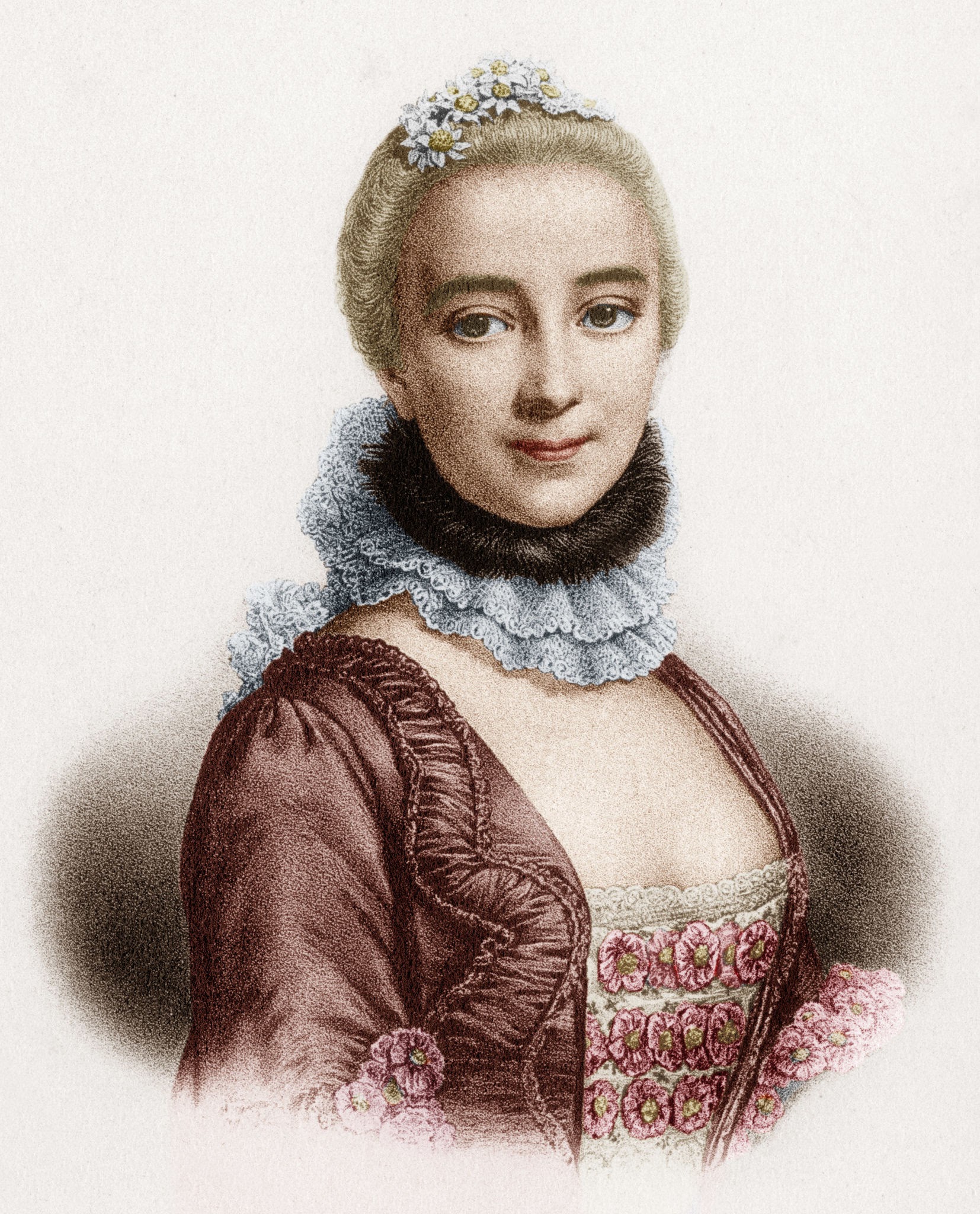

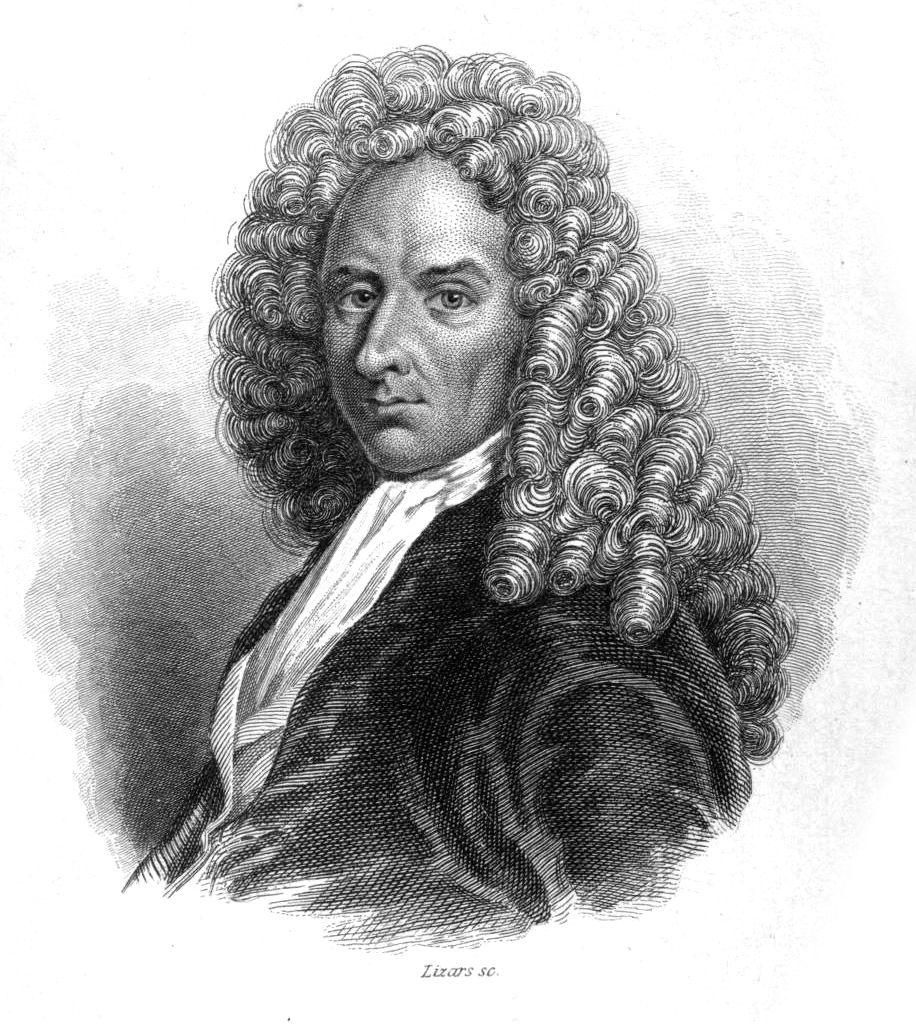
François Levaillant was a French ornithologist, traveler and writer.
Levaillant was born in Dutch Guiana, where his father was French consul. He returned with his family to France, where he eventually became a dealer in natural history specimens. At the age of 27, trained as an ornithologist, he traveled to southern Africa with the Dutch East India Company to collect specimens for his collection. Levaillant was one of the first naturalist explorers to venture into uncharted and dangerous Africa to see and study birds in their natural habitat.
Returning to France in 1785 after several years of traveling, he began writing ornithological works based on his diaries. His Histoire naturelle des perroquets (Natural History of Parrots) was published between 1801 and 1805, and his six-volume History of the Nature of Africa was published between 1799 and 1808. Levaillant also wrote the popular book Le Vaillant's Voyage to the Interior of Africa and others. He was one of the first Europeans to make ethnographic observations, empathizing with African peoples and treating them as equals.

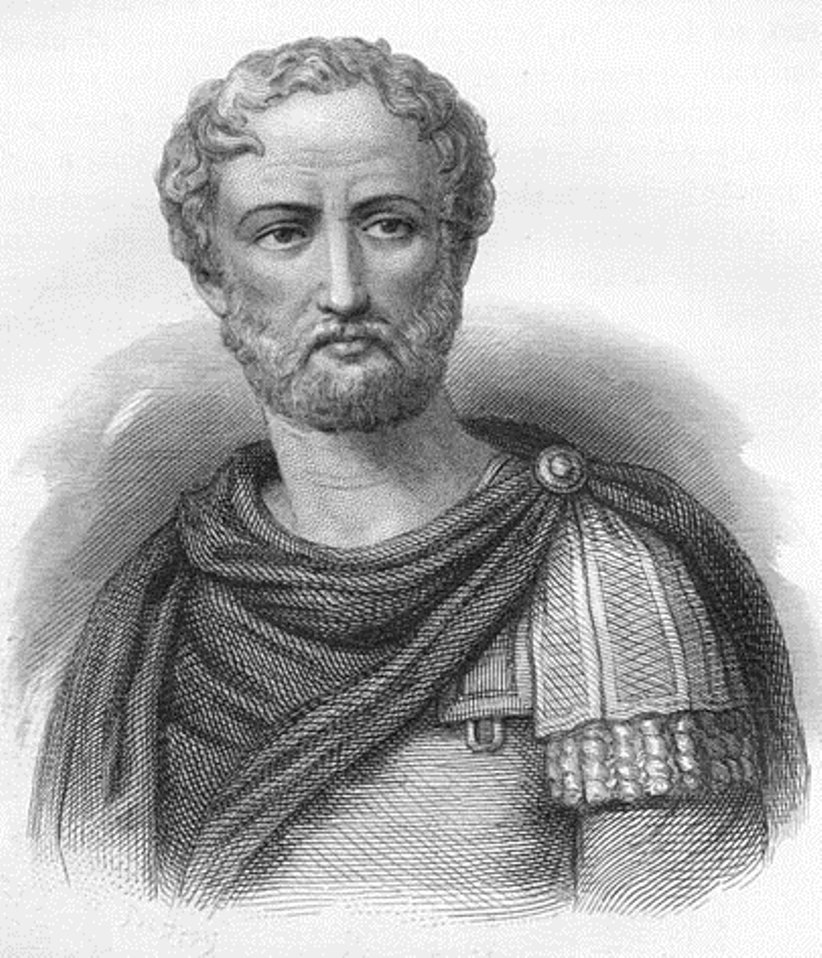
Gaius Pliny Secundus (Latin: Gaius Plinius Secundus), known as Pliny the Elder, was an ancient Roman polymath, writer and statesman.
Pliny came from a wealthy family and was educated in Rome. In military service in Germany, he rose to the rank of cavalry commander, and then returned to Rome and was appointed governor of the province. In addition to public affairs, Pliny was engaged in the study of nature, wrote various scientific works.
His book Natural History has reached our time. This is an encyclopedic work, which became an authority in Europe in scientific matters until the Middle Ages. Natural History has historical significance as one of the greatest literary monuments of classical antiquity. It is still of value to those who wish to gain an insight into first-century Rome from a primary source.
In the year 79 Pliny was appointed by Vispasian to command a fleet in the Bay of Naples, and found himself near Vesuvius at the time of its eruption. He went ashore, where he died as a result of the natural disaster.

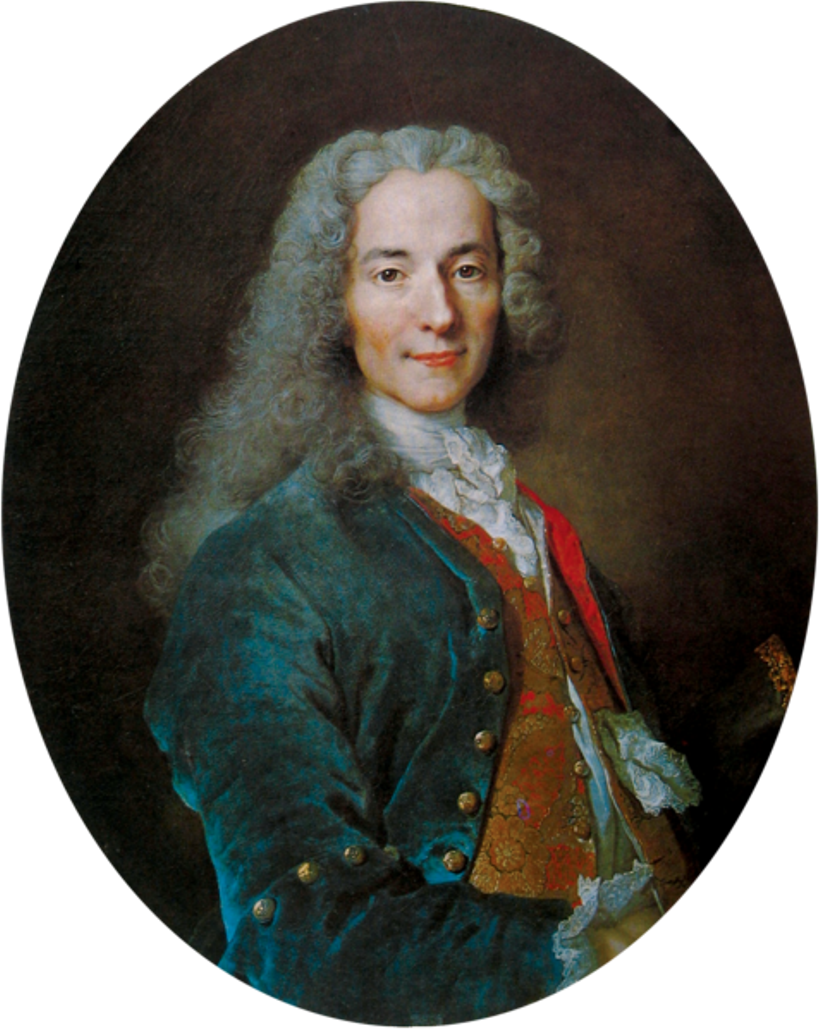
Voltaire, born François Marie Arouet, was a French philosopher-enlightener of the French Enlightenment, poet and writer, satirist, tragedian, historian and essayist.
Voltaire's long life fell on the last years of classicism and the eve of the revolutionary era, and in this transitional period his works and activities had a significant impact on the direction of European civilization. Through his critical freethinking and wit, Voltaire won the minds of many 18th century European rulers. To this day, he continues to enjoy worldwide fame as a courageous fighter against tyranny, bigotry, and cruelty.
Voltaire was an advocate of freedom of speech, freedom of religion and separation of church and state. He was a versatile and prolific writer in all literary forms, including plays, poems, novels, essays, histories, and scholarly expositions. In total, he wrote more than 20,000 letters and 2,000 books and pamphlets. Voltaire's most famous works are the tragic play Zaire, the historical study The Age of Louis XIV, and the satirical novella Candide.

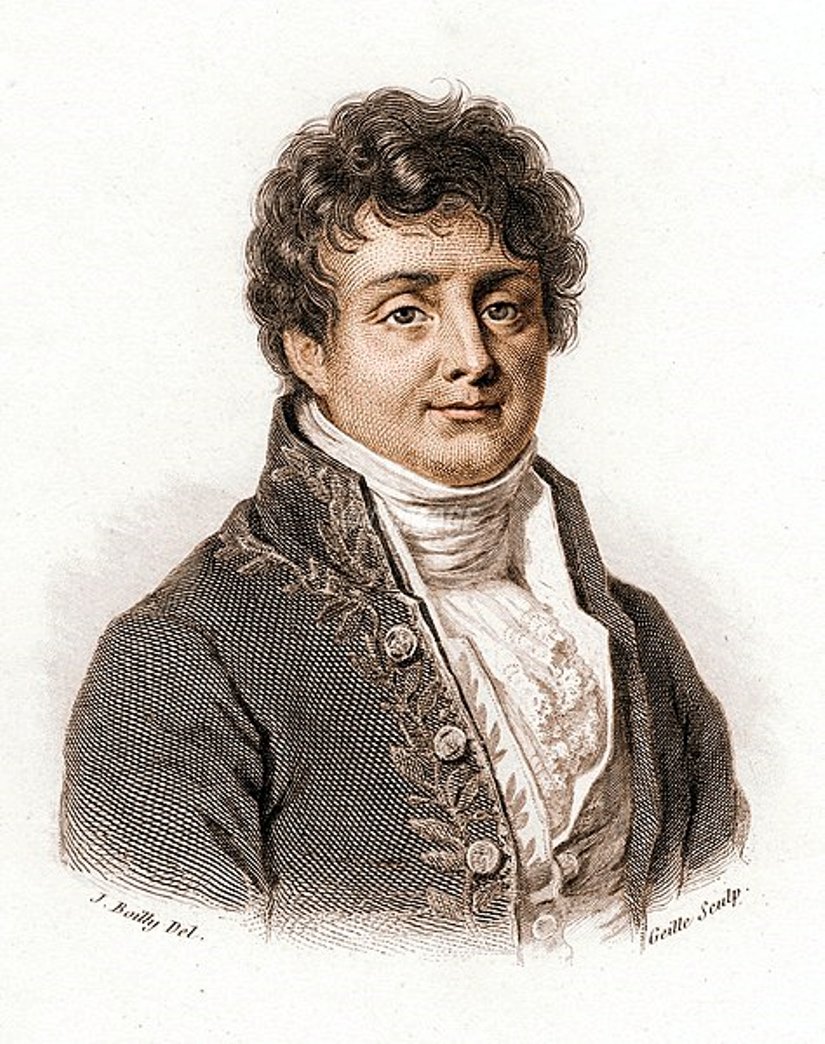
Joseph Fourier, full name Jean-Baptiste Joseph Fourier, was a French mathematician and physicist and historical Egyptologist.
Fourier famously accompanied Napoleon Bonaparte on his Egyptian expedition in 1798 as a scientific advisor and was appointed secretary of the Institute of Egypt. During the occupation of Egypt, Fourier worked in the French administration, supervised archaeological excavations, and worked to shape the educational system.
But the main thing in Fourier's life was science. Back in France, he studied the mathematical theory of heat conduction, established the partial differential equation governing heat diffusion, and solved it using an infinite series of trigonometric functions. Fourier showed that heat diffusion obeyed simple observable physical constants that could be expressed mathematically. His work The Analytic Theory of Heat (1822) had a great influence on the development of physics and pure mathematics.
Joseph Fourier was a member of the Paris Academy of Sciences, the French Academy, a foreign honorary member of the St. Petersburg Academy of Sciences, and a member of the Royal Society of London.

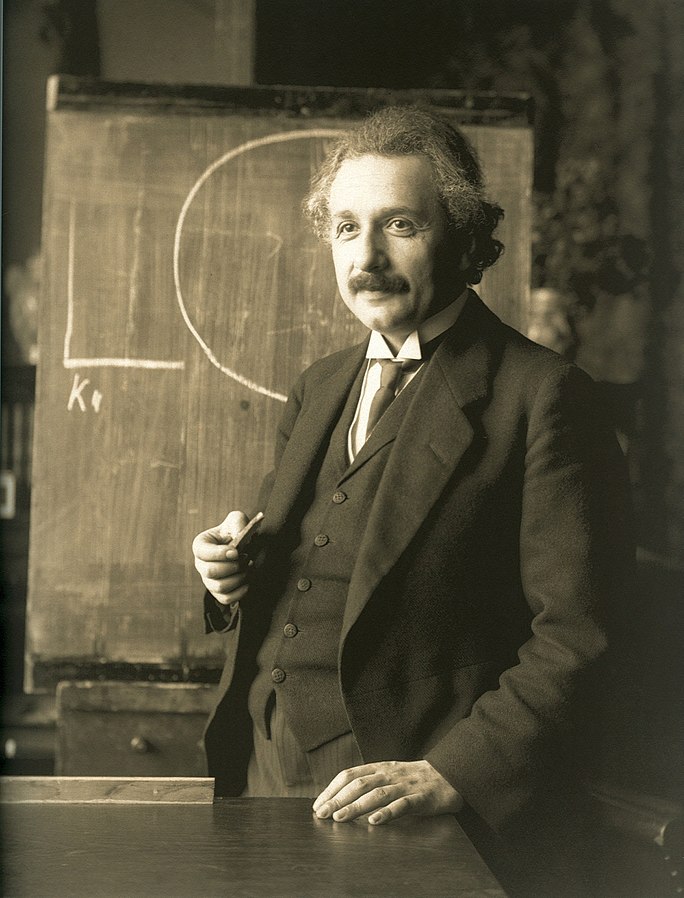
Albert Einstein was a German-born theoretical physicist, widely acknowledged to be one of the greatest and most influential physicists of all time. Einstein is best known for developing the theory of relativity, but he also made important contributions to the development of the theory of quantum mechanics. Relativity and quantum mechanics are together the two pillars of modern physics. His mass–energy equivalence formula E = mc2, which arises from relativity theory, has been dubbed "the world's most famous equation". His work is also known for its influence on the philosophy of science. He received the 1921 Nobel Prize in Physics "for his services to theoretical physics, and especially for his discovery of the law of the photoelectric effect", a pivotal step in the development of quantum theory. His intellectual achievements and originality resulted in "Einstein" becoming synonymous with "genius".


Albert Einstein was a German-born theoretical physicist, widely acknowledged to be one of the greatest and most influential physicists of all time. Einstein is best known for developing the theory of relativity, but he also made important contributions to the development of the theory of quantum mechanics. Relativity and quantum mechanics are together the two pillars of modern physics. His mass–energy equivalence formula E = mc2, which arises from relativity theory, has been dubbed "the world's most famous equation". His work is also known for its influence on the philosophy of science. He received the 1921 Nobel Prize in Physics "for his services to theoretical physics, and especially for his discovery of the law of the photoelectric effect", a pivotal step in the development of quantum theory. His intellectual achievements and originality resulted in "Einstein" becoming synonymous with "genius".


Albert Einstein was a German-born theoretical physicist, widely acknowledged to be one of the greatest and most influential physicists of all time. Einstein is best known for developing the theory of relativity, but he also made important contributions to the development of the theory of quantum mechanics. Relativity and quantum mechanics are together the two pillars of modern physics. His mass–energy equivalence formula E = mc2, which arises from relativity theory, has been dubbed "the world's most famous equation". His work is also known for its influence on the philosophy of science. He received the 1921 Nobel Prize in Physics "for his services to theoretical physics, and especially for his discovery of the law of the photoelectric effect", a pivotal step in the development of quantum theory. His intellectual achievements and originality resulted in "Einstein" becoming synonymous with "genius".


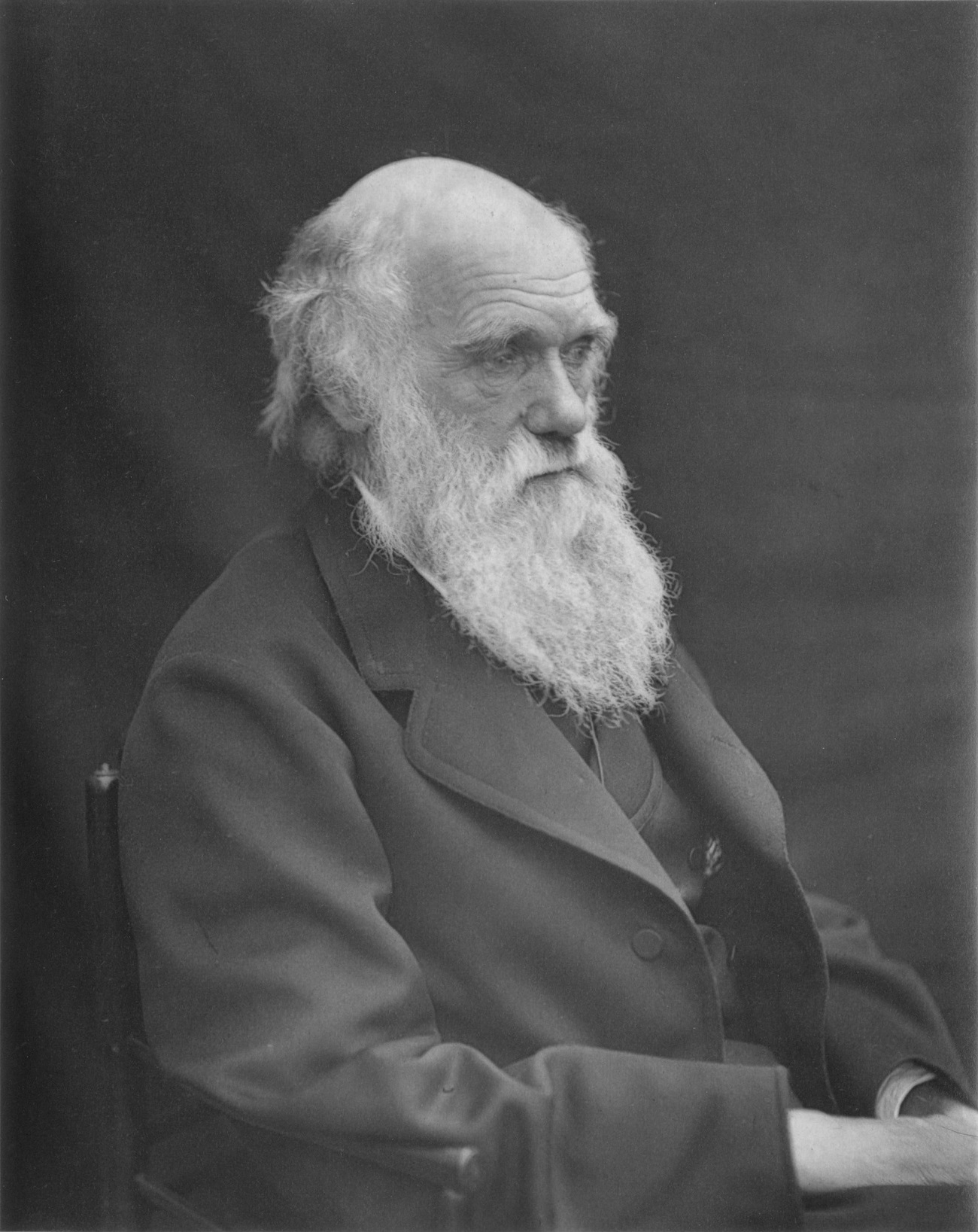
Charles Robert Darwin was an English naturalist, geologist, and biologist, widely known for contributing to the understanding of evolutionary biology. His proposition that all species of life have descended from a common ancestor is now generally accepted and considered a fundamental concept in science. In a joint publication with Alfred Russel Wallace, he introduced his scientific theory that this branching pattern of evolution resulted from a process that he called natural selection, in which the struggle for existence has a similar effect to the artificial selection involved in selective breeding. Darwin has been described as one of the most influential figures in human history, and he was honoured by burial in Westminster Abbey.


Albert Einstein was a German-born theoretical physicist, widely acknowledged to be one of the greatest and most influential physicists of all time. Einstein is best known for developing the theory of relativity, but he also made important contributions to the development of the theory of quantum mechanics. Relativity and quantum mechanics are together the two pillars of modern physics. His mass–energy equivalence formula E = mc2, which arises from relativity theory, has been dubbed "the world's most famous equation". His work is also known for its influence on the philosophy of science. He received the 1921 Nobel Prize in Physics "for his services to theoretical physics, and especially for his discovery of the law of the photoelectric effect", a pivotal step in the development of quantum theory. His intellectual achievements and originality resulted in "Einstein" becoming synonymous with "genius".










